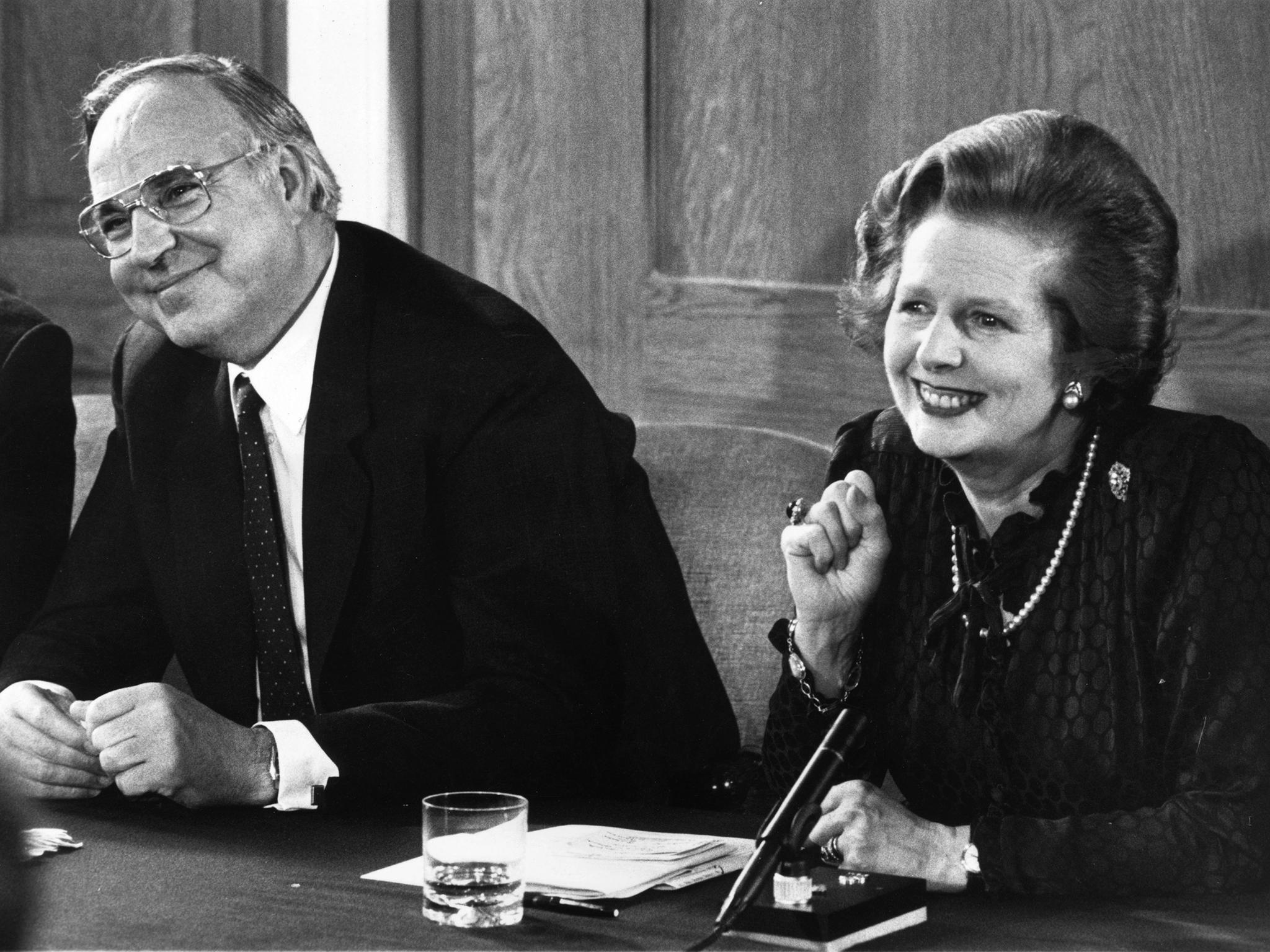The Independent's journalism is supported by our readers. When you purchase through links on our site, we may earn commission.
Thank goodness British governments were too cowardly to take the UK into the euro
It is far too early to provide the credits for this narrow escape but we shall know soon enough, says veteran economic commentator Sir Samuel Brittan

A traveller on the continent of Europe had until a few years ago the experience of crossing many borders. For some adolescents and young people this was a thrill; for others a confounded nuisance. Part of the experience was the need to change from one money into another. Now both the thrill and the nuisance have vanished. A single currency prevails over most of the continent west of the old Iron Curtain with the notable exception of Norway.
For some unthinking pro-Europeans this has been a triumph. For Professor Ashoka Mody, distinguished US economics professor, who has held very senior positions at the IMF, it has at least been a profound mistake. Exchange rate changes enable countries with very different economic structures, histories and habits to trade peacefully with each other. If exchange rates remain stuck for whatever reason, disaster may await.
Mody begins his analysis Euro Tragedy in the mid-1960s, when he believes most countries had recovered from World War Two and were ready to start on peaceful competitive coexistence. But this was not enough for some Europeans who wanted to abolish all currency fluctuations between them. I had thought that the two leaders in this venture were former German Chancellor Helmut Kohl and the senior French civil servant Robert Marjolin. The latter had famously written that Europe would be “created through money or would not be created at all”. But he rowed back in time and in a 1975 report concluded that political willingness to subordinate national interests was absent and thus no plan for monetary union was credible.
Helmut Kohl, who died only in 2017, believed a single European currency was God’s gift to mankind. He frequently promoted expansionary monetary and fiscal policies which he knew were not in Germany’s interests but which he thought would be his legacy for Europe and mankind.
Mody’s study takes us in more detail than most readers would want to know about the events leading up to and following the launch of the euro at the beginning of 1999. Meeting followed meeting and conference followed conference. During most of this time I was mainly concerned with the parochial problems of the British economy. But I did go to a notorious conference in Bonn at which the German minister Franz-Josef Strauss announced a devaluation of the French franc, only to have this rescinded from Paris within a few hours.
Mody argues convincingly that the French economy was held back by the struggle to create and maintain the euro. But its misfortunes fade into insignificance compared with the experiences of Greece, which only joined the euro at the beginning of 2001. Despite its glorious history, Greece was now a small misgoverned Balkan state and was made to pay heavily for its decision. By 2017, Greek GDP was down by 25 per cent since the EU bailouts began and unemployment remained stuck at 20 per cent. Since then the Greek tragedy has worsened rather than improved.
What is the moral for the British reader? A tribute is in order for those who kept Britain out of the euro. The pound was devalued in 1947 and after a bitter internal wrangle in 1967. By the time the next run on the pound developed in the early 1980s the attempt to fix an official rate was abandoned and the British currency was mercifully allowed to float. There was a final attempt to fix a rate for the pound in the crisis of the early 1980s but since then market forces have partially prevailed and there has been no official rate for sterling, despite various attempts first to “shadow the D-mark” and later the euro.
There are still many unanswered questions in the whole debate. As the late Canadian economist Harry Johnson once remarked, the discussion assumes that “a country is a country is a country”. It is not obvious why the French town of Strasbourg should be more clearly bound to Paris than to Kehl on the other side of the Rhine.
Meanwhile let us be thankful for small mercies and the lack of courage of successive British governments in not going the whole hog after the euro. It is far too early to provide the credits for this narrow escape. But we shall know soon enough – probably well before the 30-year rule allows the relevant documents to be published.
Sir Samuel Brittan is a former economics editor of the Financial Times
Join our commenting forum
Join thought-provoking conversations, follow other Independent readers and see their replies
Comments
Bookmark popover
Removed from bookmarks